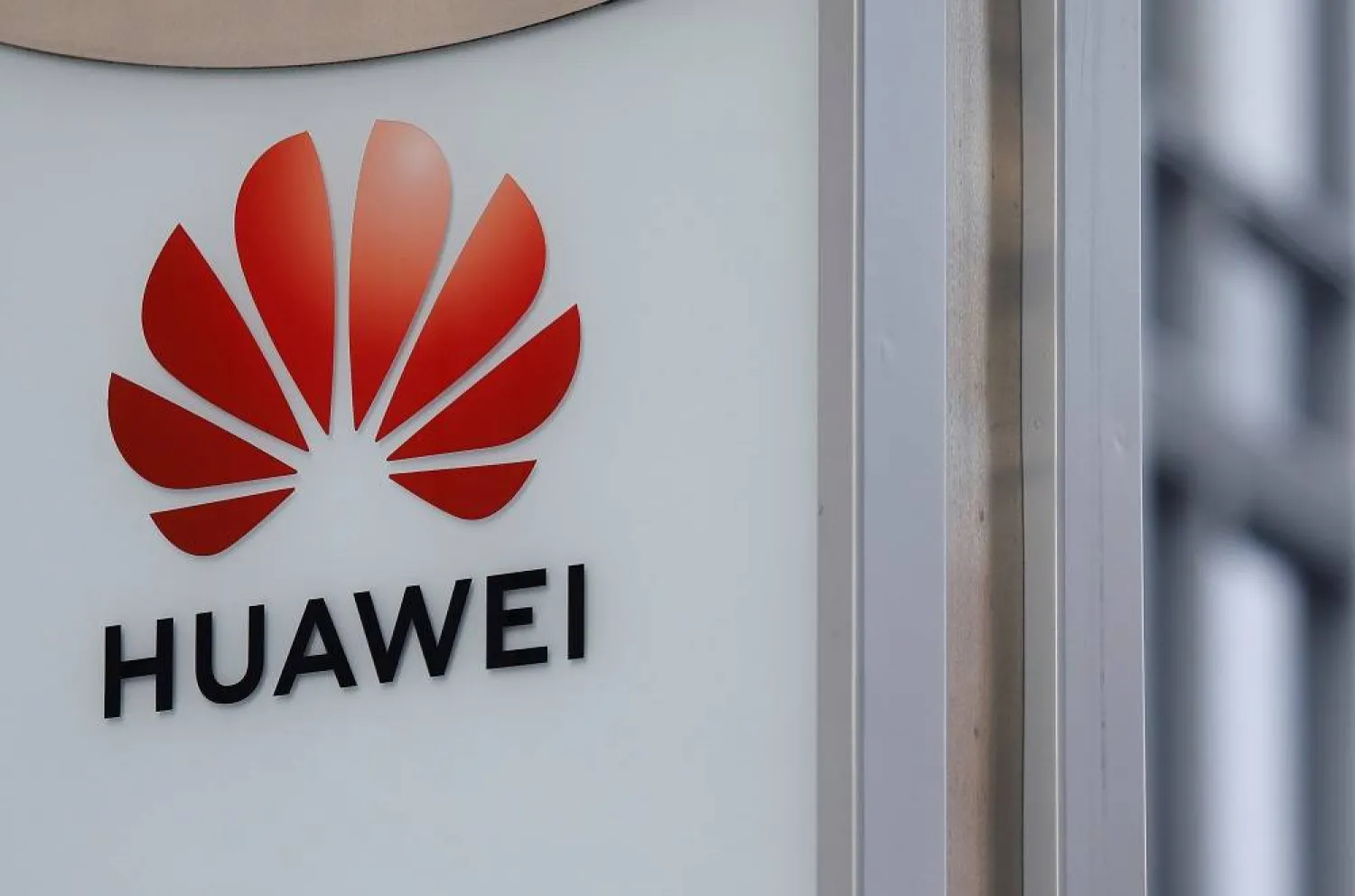China's Huawei is expected to claim triumph over US sanctions at its upcoming annual results, bolstered by its software push, progress in chips and booming smart-driving technology business that has helped it move out of "survival mode".
The company is set to confirm that it took 860 billion yuan ($118 billion) in revenues last year, just shy of its 2020 peak of 891 billion yuan, before chip stockpiles dwindled and US restrictions cut consumer business revenues in half. Its chairman disclosed its 2024 revenue in February.
It will also report full-year profit. In October, it posted a 13.7% drop in nine-month net profit.
Huawei's executives have previously said Washington's moves pushed the company into "survival mode", driving it to explore new business lines that have largely involved creating products that can serve as alternatives to Western technology and partnering with local Chinese authorities and government-backed firms.
The company has in past months struck a more confident tone, with founder Ren Zhengfei telling Chinese President Xi Jinping in May that concerns China had about a lack of homegrown chips and operating systems had eased.
Huawei has not disclosed in detail its revenue drivers, but has said that its consumer business has returned to growth while its foray into autos has developed rapidly.
The company likely shipped over 45 million phones in 2024, up by 25% or more on a year earlier, though yield rates on chips remain a constraint, according to consultancy Isaiah Research.
"Huawei has already shown incredible resilience in the face of this national state-led effort, and this process has arguably forced Chinese firms across the IT stack to become more innovative and collaborative," said Paul Triolo, a partner at DGA-Albright Stonebridge Group.
"This is one of the legacies of Huawei's re-emergence as a technology powerhouse."
Huawei declined to comment.
In the wake of US sanctions, Huawei moved into exploring areas such as building 5G infrastructure for mines and supplying energy storage systems to data centers.
Cut off from Google's Android and Oracle, it built its own operating system HarmonyOS, which it says is running on over a billion devices, as well as an internal software management system it calls "MetaERP".
Banned from using US semiconductor technology, it has created its own advanced chips including ones that compete with top artificial intelligence chipmaker Nvidia's products.
The company has also become a prominent supplier of advanced autonomous driving technology, working with state-owned automakers to revive themselves as viable electric vehicle makers.
Huawei has worked with Dongfeng Motor-backed Seres to sell Aito-branded cars, with sales more than tripling last year.
Its best-selling models M7 and M9 are equipped with Huawei's advanced driver assistance systems and sold in Huawei's showrooms nationwide.
There are similar projects with Chery, BAIC, JAC Group and SAIC Group.
Going forward, the company has said it wants to integrate artificial intelligence into its industrial communications services and to build out its software systems on connected devices, according to state media.
Huawei has also signaled it intends to compete more aggressively in overseas markets for its smartphones, having launched its foldable Mate XT smartphone in Malaysia in February in a glitzy event.
Without full access to Android, it is unlikely to regain its former position in Western consumer markets, though its data infrastructure presence has grown in areas such as the Middle East, Triolo said.
"Huawei's international presence will be more of a patchwork affair, but in some areas, like an alternative AI stack, it could eventually dominate in key markets."









